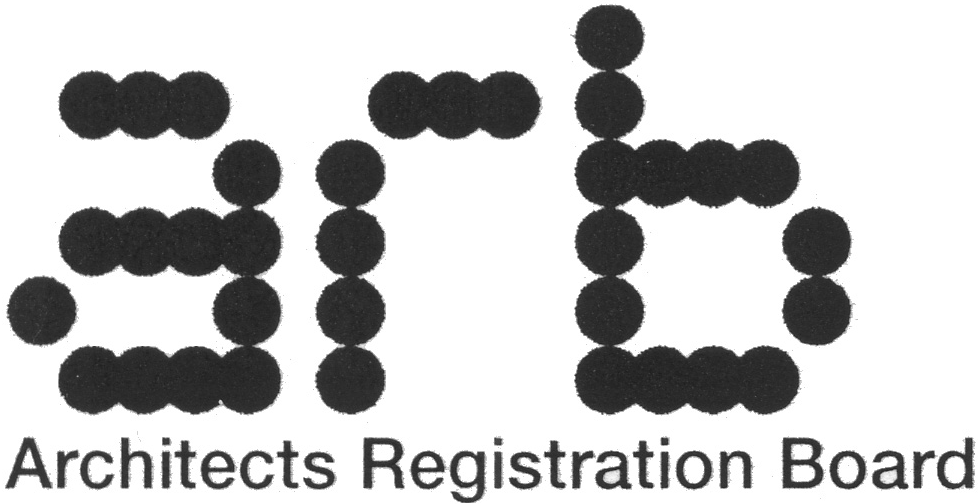![]()
Profile
Studio Becher was established in London in 2007 as an international practice for situational architecture and urban design.
Founding director Peter Karl Becher holds architectural diplomas from both a polytechnic university and a school of arts. This dual training puts his studio in the increasingly unusual position of incorporating the widest spectrum of aspects into its architecture, stretching from theoretical research on conceptual design to the latest technological knowledge. His experience ranges from the development of architectural strategies and concepts to the design and realisation of projects of all scales in a number of countries.
Part of his business philosophy is to avoid specialisation in a certain building type to ensure that the practice remains sensitive to innovation and able to incorporate the inspiring influence of different types and scales.
Having studied and worked in Germany, the USA, Switzerland and China, German born Peter Karl Becher believes that in times of increasing globalization it is essential to think and operate at an international level; thereby maintaining awareness of, for example, the latest construction technologies and logistics, and ecological situations in other countries. The studio cultivates a growing global network of architects, consultants, manufacturers and contractors, as well as architectural critics and artists.
Studio Becher incorporates sustainability at every work stage and the practice endeavours to avoid long supply chains and supports the use of local resources and skills. In projects outside the UK, the studio's approach is to split the scope of service with a local architect from an early stage. This is essential in order to fully comply with local work stages and building regulations, to understand regional culture and history and to be able to develop a project with authentic characteristics. In every case Studio Becher maintains responsibility for architectural design.
Trying to define the practice's artistic position, Studio Becher is not interested in finding its own, globally applicable style, but believes in a local, distinctive and individual architecture. The context (a unity of spatial, material, historical and socio-economic factors) is hereby considered most important, so the project cannot be separated from it. The studio attempts to continuously reconsider its methods and develop new concepts rather than to reproduce a certain characteristic style.
One field of the studio's research is the development of new programmes by redefining and blending traditional architectural functions. The right mix of programme is understood as the recipe of an architecture that does not only function well, but that is also capable of initiating new ways to inhabit space as well as new building typologies. The studio is on a continuous quest to rediscover and/or reinvent lost or declining craft and does not hesitate to push for quality workmanship and skills.
Studio Becher is not interested in architectural form as 'aim', but form as 'result' of a thorough assessment of the project's identified challenges, followed by the development of a conceptual framework; the latter derived from precise analysis of a client's needs and interests and the opportunities of the site and surrounding context.
Hereby the studio attempts to stay at an abstract stage for as long as possible, that is, to develop a project to a large extent without the strait-jacket of a pre-conceived concrete form. In this respect the studio's approach is scientific-analytical rather than creative-imaginative in nature. This flexible and individual approach goes hand-in-hand with the studio's scepticism about 'ideas'. A scepticism that demands a strong idea is handled cautiously to avoid a project being dictated by imagination.
Studio Becher understands architecture to be a quality that happens beyond shape, and as such, to be independent of its actual geometrical shape. In this respect the studio's work is not about 'box' or 'blob', meaning not about research into form. It believes that shape should not be generated by geometrical intension, but rather by the most elegant solution for the intended programme. Does a crooked vineyard shed not contain more architecture than a 'created' house somewhere in a new suburban district?
The studio is very interested in 'minimisation' (a process of compressing the essentials) as a contemporary medium of architecture, but rejects 'reduction' (a process of simplification, of making something banal). However, as minimisation requires complexity as an opposite pole, one of the studio's major research topics is on how to achieve a maximum of complexity with a minimum of means, resources and environmental impact. This also includes minimisation of interior-spatial sensation by which the studio hopes to gain a so to speak de-informative effect in its architecture, this is an alternative concept to the common 'event architecture'.
In summary, Studio Becher commits itself to a contemporary, self-confident, distinct (but not necessarily controversial) and contextually sensitive architecture, which, in times of total information overload, is still capable of provoking perception. A strong architecture made for hurried passers-by rather than for strolling flâneurs. An interactive urban architecture rather than a passive integrated architecture. An architecture that is able to form context, rather than simply being contextual. And an architecture that dispenses with the formal elements of typology, rhythm, harmony and symmetry, and that does not fear 'Minimal is Enough' as opposed to the modernistic 'Less is More'.
Architect’s Registration Board (ARB):
Peter Karl Becher, registration no. 072096H
Architektenkammer Baden-Württemberg (AKBW):
Peter Karl Becher, membership no. 087294

